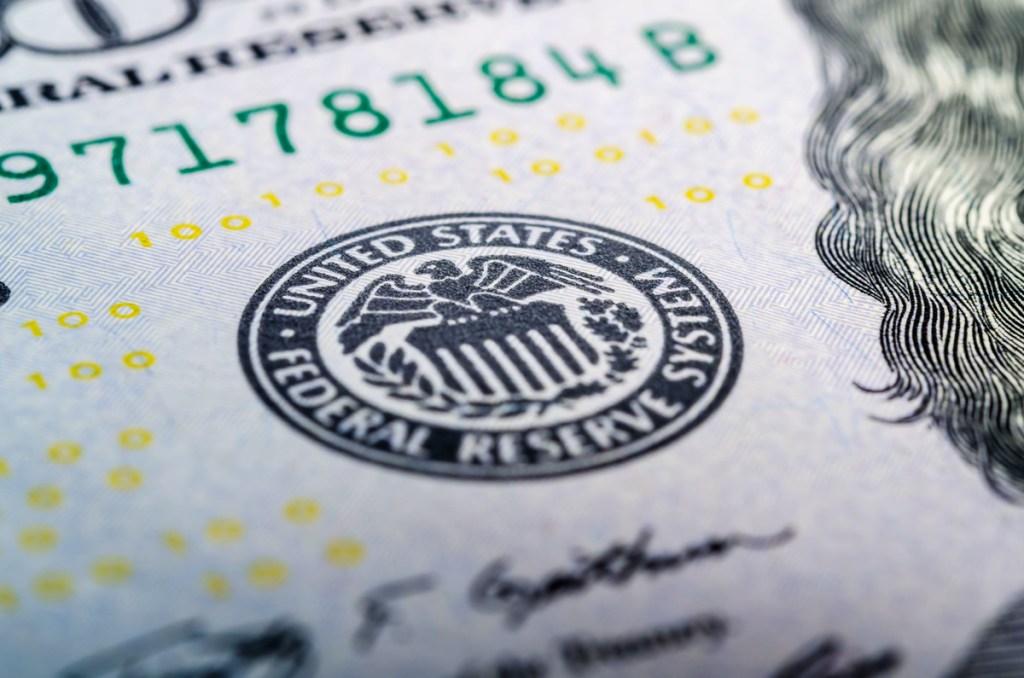Federal Reserve Bank of Boston President Eric Rosengren slammed the U.S. response to the COVID-19 pandemic, saying “inconsistent efforts” among states have caused the chance of a quick economic recovery to “fade.”
“As long as the virus poses significant threats to public health, a full economic recovery will be very difficult as individuals, often voluntarily, avoid activities that place their health at risk,” Rosengren said in a speech on Wednesday delivered remotely via video to the South Shore Chamber of Commerce.
The federal strategy of letting states take the lead resulted in a higher death toll and likely prolonged the economic pain, he said. More than 5 million Americans have been infected with COVID-19 and about 165,000 have died, more than any other nation in the world, according to Johns Hopkins University data.
“Limited or inconsistent efforts by states to control the virus based on public-health guidance are not only placing citizens at unnecessary risk of severe illness and possible death, but are also likely to prolong the economic downturn,” Rosengren said.
Comparing the U.S. to European countries, he said: “Their infection rates fell faster and further, and have remained relatively low. In contrast, in the United States, infection rates remain elevated, as states lifted protective measures too soon and in a manner not calibrated for the true risks posed by the virus.”
U.S. GDP contracted a record 32.9% in the second quarter from a year ago, the Commerce Department said in a July 30 report.
For the year, the U.S. economy likely will contract 4.9% and then expand 3.8% in 2021, Goldman Sachs said in a forecast on Wednesday. That puts next year’s economic growth behind the Eurozone, which likely will expand at a 4% pace, and the UK, set to grow 5.9%, according to the forecast.
Without confidence in the government’s ability to contain the pandemic, American’s aren’t likely to fully engage in the economy, even if their state is officially open, Rosengren said. About 70% of America’s GDP relies on consumer spending, according to government data.
“Even as official restrictions relax, many people may prefer to continue avoiding activities that require social interaction in order to protect their own health,” Rosengren said. “With such a pattern of behavior taking hold, momentum in the economy toward returning quickly to full employment would likely fade.”





